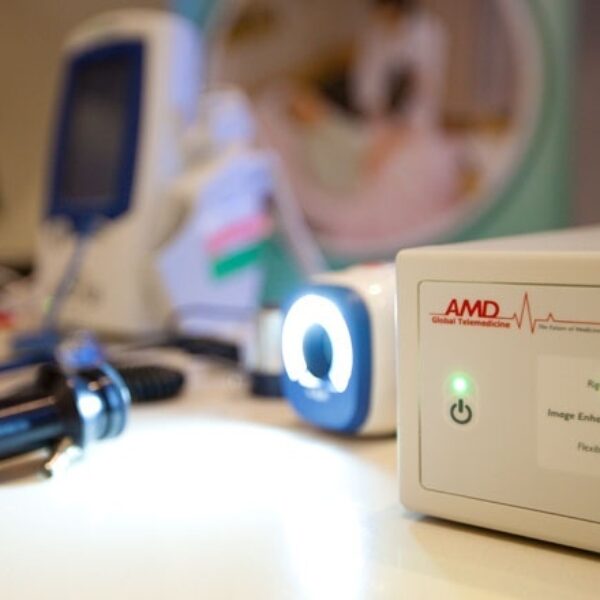
Medical devices: focus on the liability of certifying bodies
Certifying bodies of medical devices could be held liable by patients who are victims of medical devices.
The PIP breast implants scandal about implants filled by their manufacturer with silicon failing to comply with medical use had highlighted a certain number of failings in the inspection of the safety and compliance of medical devices.
In this case, the attention had notably focused on certifying bodies (known as “notified bodies”), those private bodies chosen by manufacturers to inspect the compliance of medical devices.
The Court of Justice of the European Union is currently ruling on a case relating to the role of these bodies in the inspection of medical devices and to their liability towards patients.
It is within this framework that Advocate-General Sharpston, tasked with clarifying the Court on the case, has delivered a very clear opinion: the Court considers that the laws in member States must provide for provisions allowing notified bodies to be held liable in the event of a culpable failure to fulfil their duties.
In this regard, the Advocate-General points out that if the manufacturer is primarily liable with regard to European legislation relating to medical devices, insurance bodies play a “crucial role” in the procedure leading to the placing of medical devices on the market, due to the high level of protection for patients covered in these regulations.
Certainly, these bodies are not law enforcement bodies and their role is above all scientific. However, they have an “obligation to take all necessary measures in the context of deceit or fraud on the manufacturer’s part”. In addition, they have a “general duty of diligence” which imposes on them increased vigilance faced with a possible manufacturer error. Each national court shall rule, in the circumstances of the case, on the extent of the measures that the certifying body should have adopted (for example, unannounced inspections, inspections of accounting documents, more regular inspections, requests for information).
The judgment to follow hereon in this case will be the first on this matter and will, if it follows the opinion of the Advocate-General, strengthen the patients’ appeal procedure, whilst the new European Regulations on medical devices, which have been in negotiation since 2012, are eagerly awaited.
Associated areas of specialisation: Health and social security